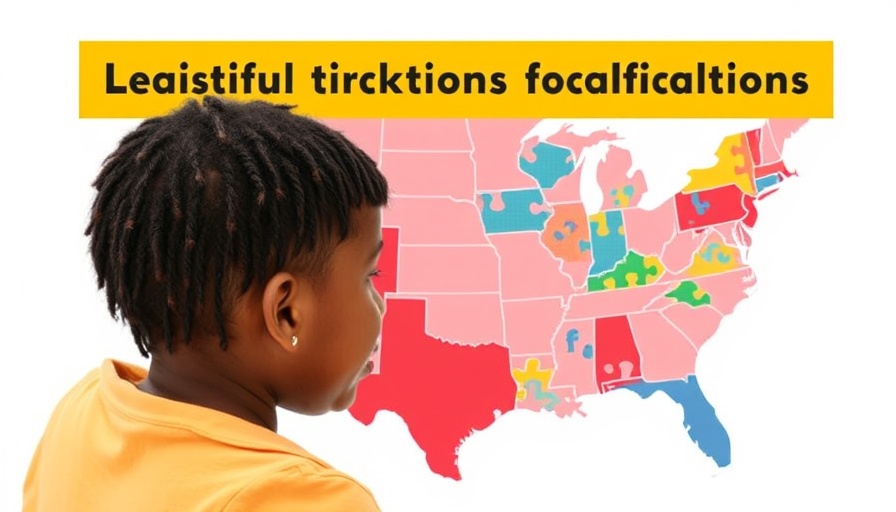
HHS’s Shift Away from National Autism Registry Plans
The U.S. Department of Health and Human Services (HHS) has recently retracted its efforts to establish a national autism registry, a decision that has drawn mixed reactions from various stakeholders in the healthcare sector. This move raises critical questions about how autism will be tracked and studied across the nation, especially considering the increasing prevalence of autism spectrum disorders (ASD).
Understanding the Impact on Autism Research
While there are arguments for and against a centralized registry, proponents pointed to the potential for improved data collection on autism that could enhance treatment and support services. Detractors, however, raised concerns regarding privacy issues and the effectiveness of such a registry in producing actionable data.
Future Predictions: Navigating Autism Research Without a Registry
Experts speculate that without a national autism registry, data collection efforts might become more fragmented and localized. This decentralization could hinder comprehensive analysis and access to real-time information that is vital for developing effective treatment protocols and understanding broader trends in autism diagnoses.
Relevance to Current Healthcare Initiatives
The rollback comes at a time when various healthcare initiatives are being evaluated for their effectiveness. Recent efforts by organizations like the NIH highlight the importance of integrating patient data for autism studies, emphasizing the need for robust systems that facilitate the understanding of ASD.
Community Reaction and Expert Opinions
Healthcare providers, including therapists and educators, have expressed concerns regarding this decision. Many feel that without reliable data, the necessary policy changes and resources for support services may lag behind the needs of affected families. The ongoing conversation among experts emphasizes the importance of public advocacy in addressing potential gaps in information generation and usage within the autism community.
The decision by HHS to abandon the national registry reflects broader trends in how health information is managed and utilized. It serves as a reminder for stakeholders to advocate for comprehensive data systems that can enhance understanding and treatment of autism without compromising individual privacy.
 Add Row
Add Row  Add
Add 




Write A Comment